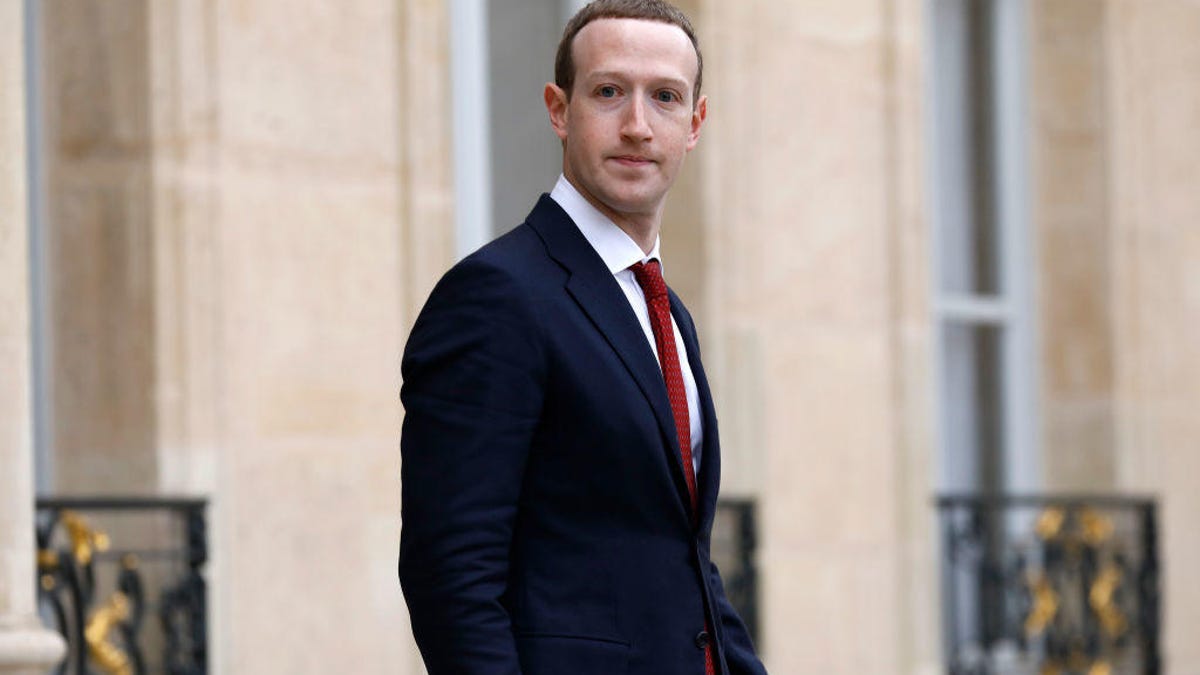SEC Facebook fine sparks fresh questions about Cambridge Analytica from UK Parliament
Politicians in Britain say the evidence Facebook provided to the SEC and to them doesn't match up.

The last few times Zuckerberg has visited Europe he has avoided visiting the UK.
Last week, the Securities Exchange Commission slapped Facebook with a $100 million fine for its part in the Cambridge Analytica scandal. The complaint might now be settled on US soil, but the arrangement has raised new questions about Facebook's handling of the situation for politicians in the UK who are also investigating the company's actions.
The UK Parliament's Digital, Culture, Media and Sport Committee widened its fake news inquiry to include the problems caused by Cambridge Analytica's misuse of Facebook data when the revelations occurred in March 2018, questioning multiple members of Facebook's senior management team in official evidence sessions. But some of the evidence Facebook provided to Parliament doesn't match up with evidence included in the SEC complaint.
On Thursday, Committee Chair Damian Collins wrote to Nick Clegg, the former UK deputy prime minister and now Facebook's global affairs and communications chief, asking the company to explain the contradictions between information provided to Parliament and the information provided to the SEC. The committee is asking Facebook to provide clarity on three different points where it believes the evidence provided may have been inaccurate. These include statements made my senior Facebook employees regarding:
- Who at Facebook knew what when about Cambridge Analytica's activities. Facebook told Parliament that it found out about Cambridge Analytica's data misuse in December 2015, but the SEC complaint suggests it actually knew earlier.
- Guarantees about Cambridge Analytica deleting user data. Parliament says it was provided contradictory information by Facebook over the course of evidence sessions about whether Cambridge Analytica held Facebook user data. Now it wants to know when concerns were raised about this internally, and why no action was taken until last year.
- Lack of communication to senior management (including CEO Mark Zuckerberg ) about what Cambridge Analytica was doing. Facebook employees were aware of problems back in 2015, so Parliament wants to know why the company's CEO didn't find out about them until 2018.
A spokesman for Facebook said the company will respond to the Committee's letter "in due course," but did not offer any further comment.
In March of this year, when it was first revealed that company employees discovered data misuse earlier than previously thought, Facebook said in a statement: "In September 2015, employees heard speculation that Cambridge Analytica was scraping data, something that is unfortunately common for any internet service. Facebook was not aware of the transfer of data from Kogan/GSR to Cambridge Analytica until December 2015. When Facebook learned about Kogan's breach of Facebook's data use policies, we took action."
The DCMS Committee has asked Zuckerberg on multiple occasions to give evidence personally, as he did to Congress in the US and to the European Parliament, in order to clarify what he knew when, and what action he took as a result. The Facebook CEO has declined the committee's invitations, and hasn't been to the UK since before the Cambridge Analytica scandal broke. He could still be forced to testify if he enters the country.

